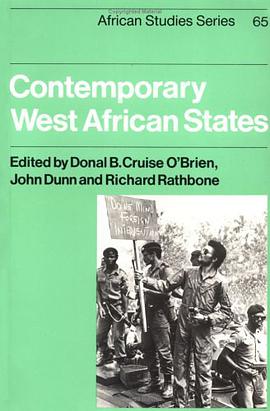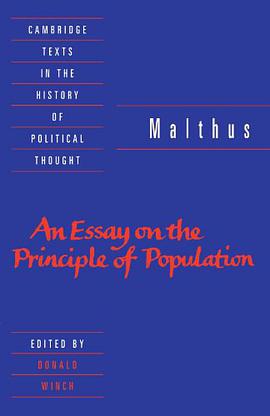

How can we account for the lack of large-scale policy change in West Germany despite changes in the partisan make-up of the federal government? This formulation of "the German Question" differs from the one commonly posed by students of German politics, a version usually focused on Germany's tragic confrontation with modernity and a possible revival of militarism and authoritarianism. Katzenstein here uncovers the political structures that make incremental policy change such a plausible political check against the growing force of government. This book examines in detail how West German policy and politics interrelate in six problem areas: economic management, industrial relations, social welfare, migrant workers, administrative reform, and university reform. Throughout these six case studies, Katzenstein suggests that West Germany's semi-sovereign state provides the answer to the German Question as it precludes the possibility of central authority. Coalition governments, federalism, para-public institutions, and the state bureaucracy are the domestic forces that have tamed power in the Federal Republic. Author note: Peter J. Katzenstein is Professor of Government at Cornell University, as well as a former editor of International Organization.
具體描述
讀後感
評分
評分
評分
評分
用戶評價
相關圖書
本站所有內容均為互聯網搜索引擎提供的公開搜索信息,本站不存儲任何數據與內容,任何內容與數據均與本站無關,如有需要請聯繫相關搜索引擎包括但不限於百度,google,bing,sogou 等
© 2025 qciss.net All Rights Reserved. 小哈圖書下載中心 版权所有




















